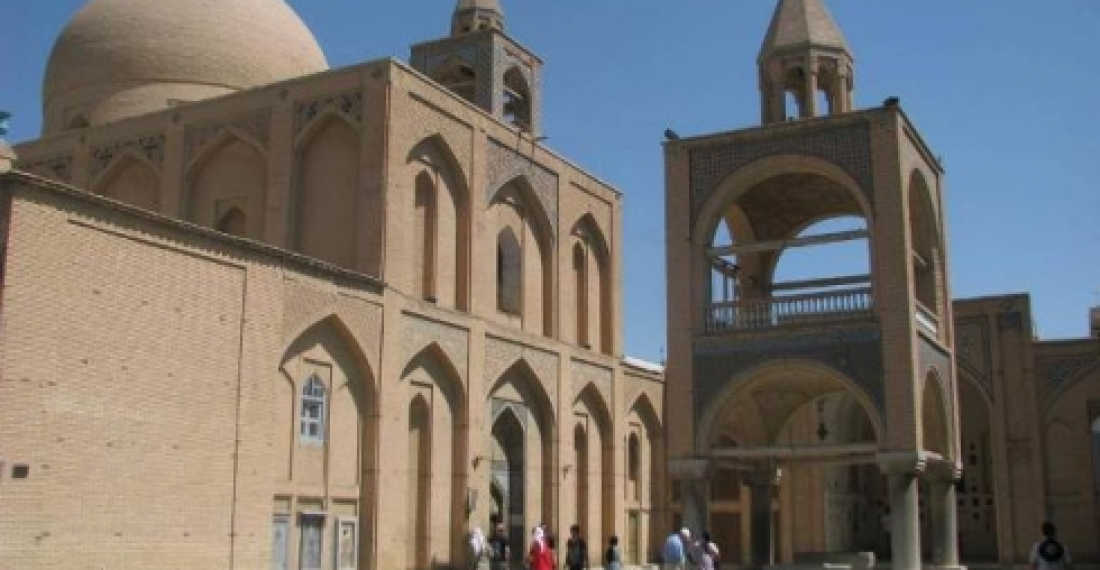Saudi Arabia, the United Arab Emirates, Qatar and Kuwait have told their citizens to leave Lebanon immediately as the fall out from the crisis in Syria starts affecting the small Arab country on the shores of the Mediterranean.
Lebanon has had its fair share of problems over the last fifty years, including civil war and occupation by Israel. In recent years, war- wary Lebanese have tried to rebuild their country and their society with some measure of success.
Syria, Lebanon's big and immediate neighbour, has tradiutionally played a role in Lebanese politics. This time however it is the crisis in Syria itself that is affecting the situation in Lebanon. Many fear that it is only a question of time before the Lebanese, for long divided on sectarian lines, become embroiled in the conflict.
A string of kidnappings of Sunni Muslims forced the decision of the Gulf countries to withdraw their nationals from Lebanon. Many nationals from the GCC states were expected to travel to Lebanon next week, after the end of Ramadan for their holidays. Their absence will be a serious setback for the Lebanese tourist industry.,
Lebanon is also the home of a large and well-established Armenian community, spread all over the country but with large communities in Beirut and the Matn District, a suburb of the capital. To the north, there are further Armenian populations scattered in Jounieh, Jbeil (Byblos) and Tripoli (particularly the Mina area).In the Bekaa, there are Armenians living in Zahlé and Anjar. The Armenians in Lebanon settled ther mainly after the 1915 attrocities in Turkey. Many are supporters of the Dashnak Party and the Community was very vocal in opposing a rapproachment between Armenia and Turkey in 2009-10.
Armenians in Lebanon are represented in the Lebanese parliament under the country's parliamentary quota system which allocates seats according to religious groups. Armenians have six seats in the 128 member Lebanese Parliament. The Community kept largely out of the conflict between Christians and Muslims in the 1970s and 1980s. It is feared that in a future conflict it will not be so easy for the community to remain unaffected.
The Armenian government is already under some some pressure to assist the Armenian community in Syria, and will be watching the situation in Lebanon carefully.
There were suggestions in some media outlets that Armenians from Syria may be re-settled in Nagorno-Karabakh. Commonspace.eu political editor, in a comment, said that this was very unlikely, not least because the Armenians in Syria are mainly urban dwellers who will not want to move to rural areas. It is much more likely that if the community or parts of it displaced permanently from the Levant it will move to Gulf countries such as Qatar and the UAE.
Meanwhile, in a further development, the Organisation of Islamic States (OIC), at the end of a summit held in Mecca over the last days, announced that it had decided to suspend Syria's membership of the Organisation. Despite this Saudi sources say that the Summit has helped ease tensions between Saudi Arabia and Iran with calls for pan-Islamic solidarity and rejection of the sectarian divide between Sunni and Shia Muslims.
source: commonspace.eu
photo: The Armenian Quarter in Beirut (archive picture)







